The myths of breakfast (or the “most important” meal of the day)
Our eating habits are subjected to damaging confusion in relation to the ample catalogue of myths hovering over them. Among the most widely heard are those referring to breakfast: Is this the most important meal of the day? Is it essential if you want to lose weight? Must we have juice, milk and some food of cereal origin? Let’s see what’s true about this matter and its relationship with diabetes.
We’ve all heard, time and again, immortal phrases about breakfast. Does science back up in any way that breakfast is the most important meal of the day or that there is a pattern of “ideal” foods to include in said breakfast? In truth, the answer to these questions is negative, there is no back-up, as will be shown in the following lines.
Breakfast is NOT the most important meal of the day
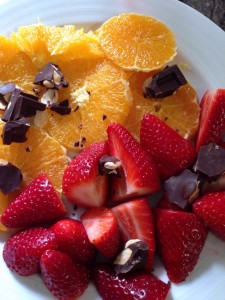
Breakfast, that is to “break the fast” is something all of us do sooner or later. Otherwise we would die of starvation. So from the formal point of view everyone who eats regularly has breakfast at some point during the day. The key in this case is in deciding whether it is advisable to start our day eating something earlier or later. And the truth is that there is no clear answer.
It is expressed thus in the recent review of the matter published in May 2016 which evaluated the differences in memory, attention level, coordination and language of two groups: those who have breakfast before starting their day and those who do not. The results are unable to establish a definitive conclusion regarding the importance of breakfast. The only clear advantage between those who had breakfast compared to those who do not was established in the ability to remember long-term memory elements and, in any case, with only a very slight advantage over those who do not have breakfast.
So, to put breakfast in its place without the need to grant it religious significance, it is difficult to think that eating more or less late in the morning (two or three hours later) can significantly condition our general state of health or performance.
The ideal breakfast does NOT exist
In reality it does exist, but only in advertising. In our environment we are all too accustomed to messages from the food industry that make us believe in the typical elements of an “ideal” breakfast based on cereals (bread, biscuits, breakfast cereals, etc.), dairy products and juices.
A breakfast will be “ideal” the more its ingredients are identified with the healthy food plate of the Public Health School of Harvard University.
Advice to put into practice at breakfast
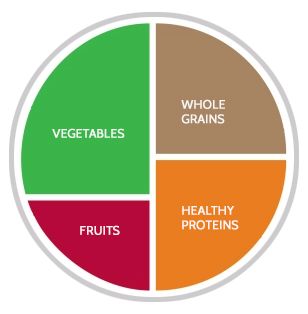 Organise, and above all plan, your breakfast independently of the time at which you have it (straight after getting up, after showering or three hours later). The fact of planning it will avoid the classic haphazard solution which usually involves the presence of inadvisable foods.
Organise, and above all plan, your breakfast independently of the time at which you have it (straight after getting up, after showering or three hours later). The fact of planning it will avoid the classic haphazard solution which usually involves the presence of inadvisable foods.- Eat what you like for breakfast as long as it is within the dietary recommendations already discussed. There are no ideal foods for breakfast, but there are advisable foods, in general, in your food intake and with the aim of reducing the risk of diabetes… although there are also foods that are not especially advisable. Curiously, the foods advertised as ideal for breakfast usually belong to the latter category.
- Choose fresh vegetables to make mini (or macro) salads depending on your circumstances; fresh fruit in season, truly wholegrain foods; lean meats, fish, dried fruit, use (healthy) leftovers from the day before… and don’t let the dictatorship of advertising restrict your imagination at breakfast time.
- Breakfast is no more important than lunch or dinner. No intake of food is more important than the others. The most important thing here is your lifestyle in general, seen as a whole and eschewing ready-made aphorisms, especially those with no basis in truth.
By Juan Revenga, dietitian-nutritionist and biologist
Latest posts by Juan Revenga (see all)
- New hopes of a cure for type 2 diabetes - 16 September, 2016
- Hydration, calories and diabetes: a dangerous triangle - 19 July, 2016
- The myths of breakfast (or the “most important” meal of the day) - 22 June, 2016




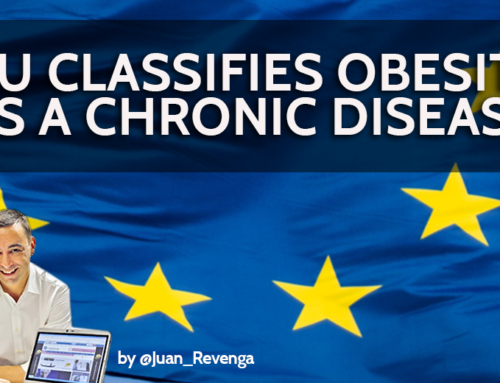
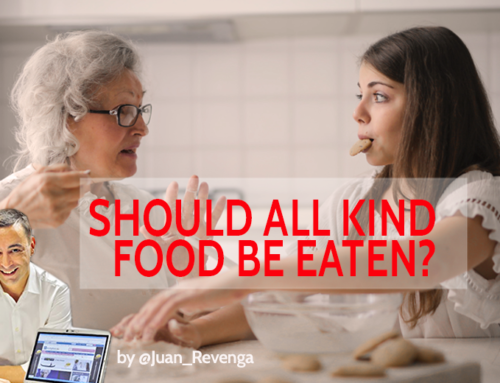
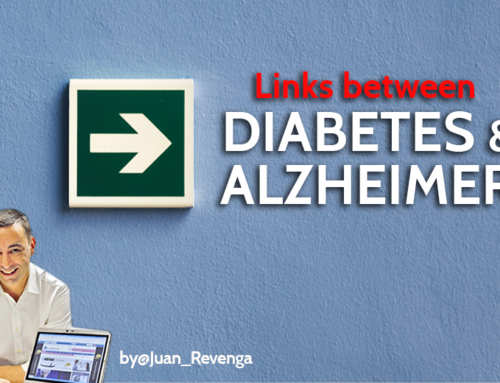
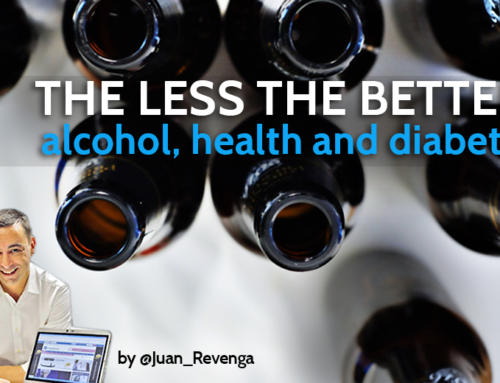
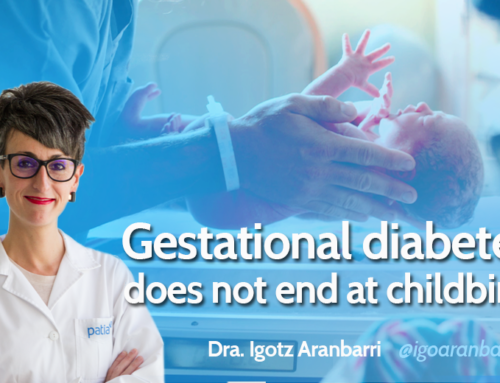
Hi!!! Great post, thanks for sharing it is informative and beautifully articulated keep updating:):):)